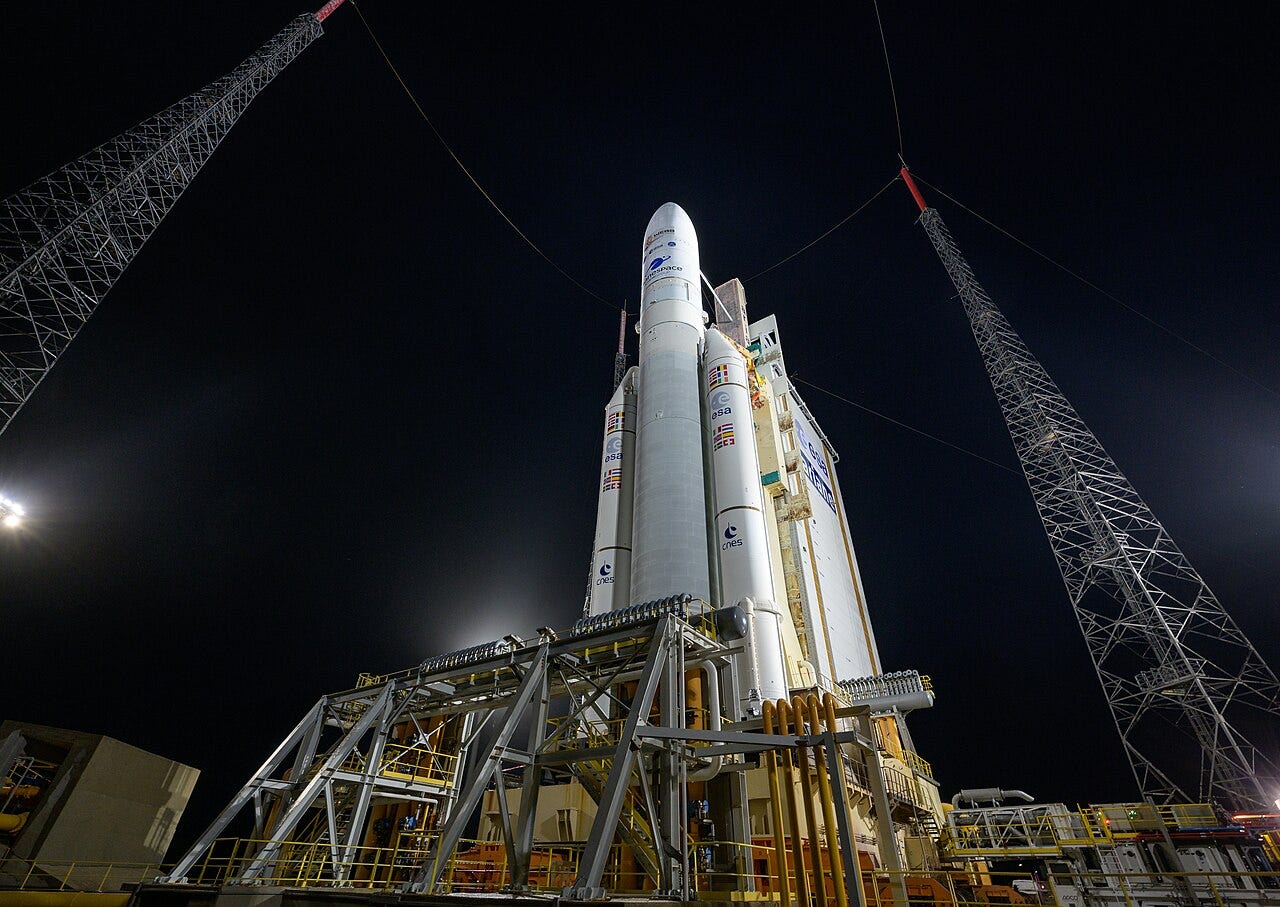The European Space Agency is Not Functional
Despite having the financial and technical resources to do so, Europe can at best only slowly replicate advanced space capabilities. Institutional rigidity will cause it to succumb to competition.

The European Space Agency (ESA) is an international organization whose mission is to coordinate the activities of space industries and space programs in Europe. The ESA’s 23 member states include most EU member states—except for some of the smaller and poorer states like Croatia and Bulgaria—as well as non-EU states like the United Kingdom, Switzerland, and Norway. A small amount of ESA funding is also contributed by Canada, and the organization also has cooperation agreements with Ukraine, Turkey, and Mexico. The ESA employs around 2500 people and is headquartered in Paris, France. Its 2025 budget is €7.88 billion.1 The ESA is an attempt to make Europe competitive on the cutting edge of space-related capabilities by pooling the smaller and more disparate budgets of European states into a single unified program that can stand on its own next to the space programs of the world’s superpowers. With the United States and China making rapid technological progress in space and expecting space to be a decisive domain in future warfare, the ESA will help make or break the geopolitical relevance of European countries in the 21st century.

